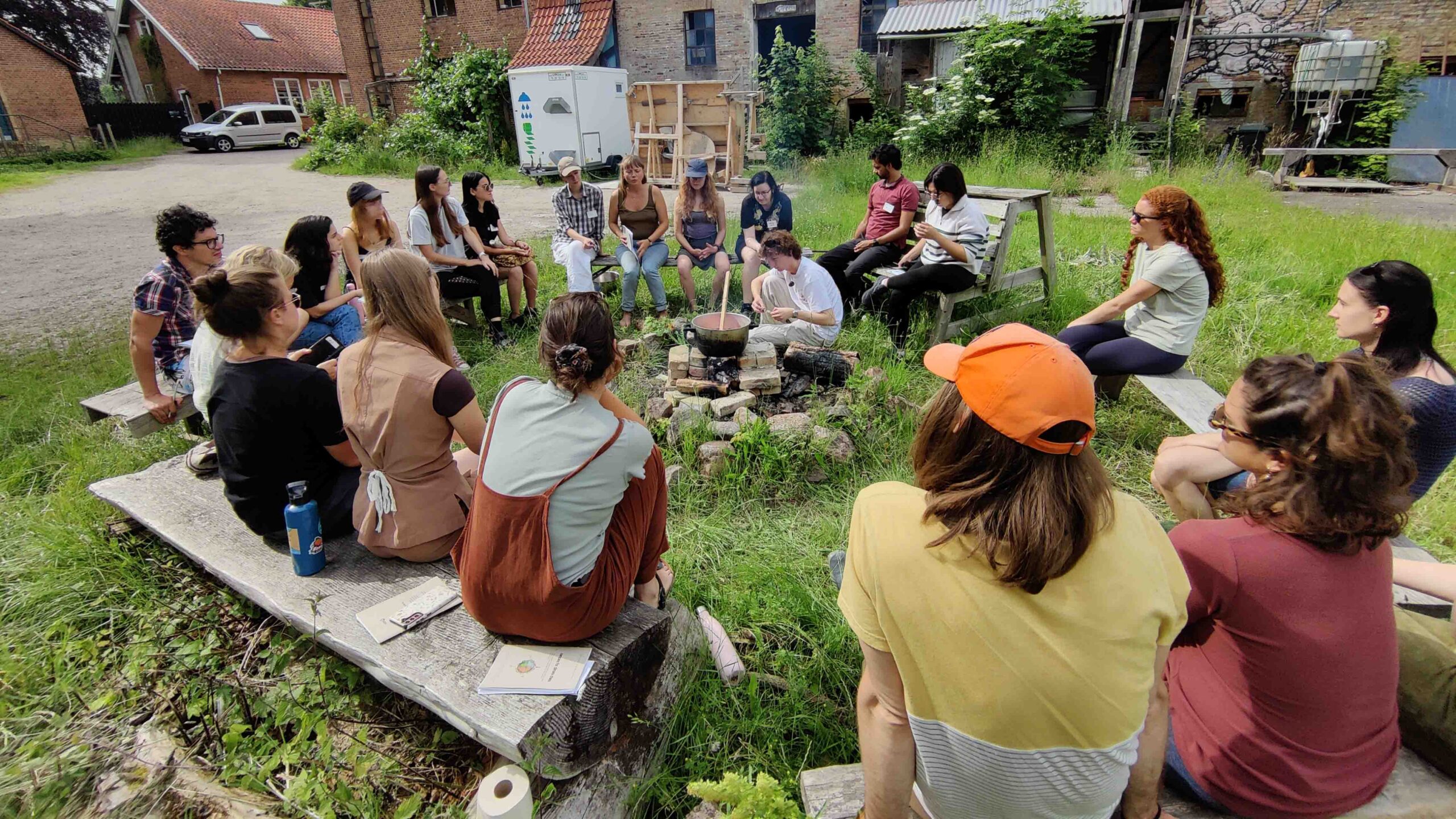CALM-EY [2023 – 2025]
About This Project
CALM-EY
Coping with Climate Anxiety

2023-1-EE01-KA220-YOU-000158460
Duration: 01/09/2023 – 31/08/2025 (24 months)
Summary of the project:
In a recent study of more than 10,000 young people aged 16–25 years old, living across 10 countries , more than half (59%) reported being very or extremely worried about climate change, and 84% were at least moderately worried. Extreme weather events, both sudden (earthquakes, flash floods and lethal heat events) and slow-onset (droughts and rising sea levels) are steadily increasing, the consequences of which include, injury, illness and death (Whitlock, 2022). The impact on mental health often appears even before an extreme event, manifesting as climate anxiety – the fear of the consequences of climate and environmental change (Cuncolo et al 2020). High levels of climate change awareness and its global consequences entail also higher levels of climate anxiety. Young people are particularly vulnerable to this, which can lead to feelings of hopelessness, increased distress, inactivity, and disengagement from society.
Climate anxiety can be a key tool to channel these feelings and emotions to concrete actions and responses that bring change. The CALM-EY project will develop both specialists working with youth and young people’s competencies to recognise and manage mental challenges related to climate anxiety. Supporting individuals experiencing climate anxiety involves assisting them in channelling their anxious feelings into climate action. Additionally, efforts should be made to enhance hope and a sense of meaningfulness in life, ultimately bolstering overall resilience.
The CALM-EY project will develop a bespoke Training Programme combining knowledge and experiences from environment, youth work, and mental health professionals (including input and needs of youth) which will include a Handbook and Support Group Guidelines about climate anxiety for people working with youth.
The main objectives of the project are:
- Developing trainers and youth workers’ competencies to deal with young people’s climate-related distress and its mental and social effects;
- Enhancing young people’s personal and social skills who deal with climate distress by providing them with self-help methods;
- Instilling a sense of belonging and of being heard and understood for young people affected by eco-anxiety/eco-worry.
The main outputs and activities of the CALM-EY project are the following:
- Training Programme and Handbook for Youth Workers: This result plays a crucial role in fostering expertise and capabilities among professionals, establishing a robust and organized groundwork for addressing the challenges faced by young individuals affected by climate-related distress. The trainers will be empowered by tools, resources, methods, and strategies developed and included in the training programme and the handbook to recognise climate distress in young people and support them in managing and alleviating eco-anxiety.
- Support Group Methodology Guidelines and Self-help Workbook for Youth: Guidelines on creating support groups and safe spaces for young people suffering from climate distress to share and learn, will be developed. A self-help Workbook for supporting young people’s mental health dealing with eco-anxiety will be developed for those who can not access a support group.
- Online Resource Hub & Educational Website: the content and tools developed will be digitalised and available in the Online Resource Hub and the project website, to ensure that the materials will be accessible to youth educators/professionals and youth.
Project partners:
Estonian Green Movement (EGM), Estonia – Coordinator
Friend of the Earth MALTA (FoEM) – Malta
MTÜ Peaasjad – Estonia
Jugend- & Kulturprojekt e.V. – Germany
NOaH Friends of the Earth – Denmark
The project is co-financed by the European Commission through the Erasmus+ Programme








